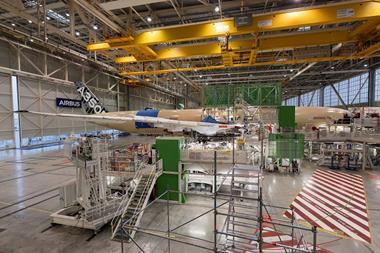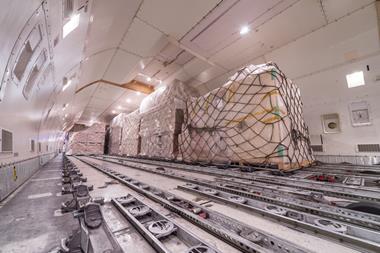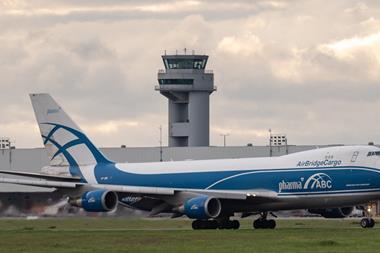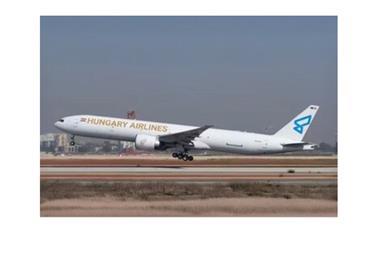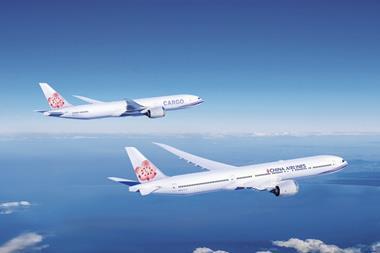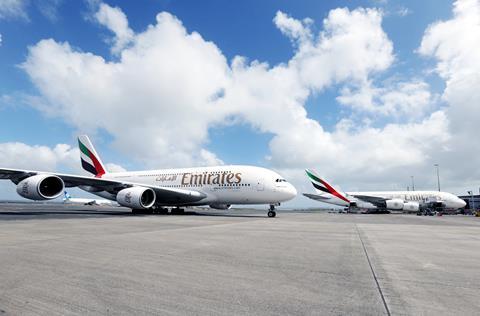
Germany-based investment analyst Scope Analysis has reported that while the news that Emirates is already retiring A380 aircraft from its fleet in the wake of Airbus’s decision to axe the programme can't be good for everyone, the decision allows for the potential sale of aircraft parts in what is known as the ‘part-out’ market.
Emirates expects the aircraft to form part of its fleet for many years to come yet, but is already withdrawing older aircraft from service to use parts for spares support.
According to Scope, because of the wider part-out market: “Recent developments, with Emirates following the lead of Air France and Singapore Airlines in pulling A380s out of service, have not fundamentally changed the prospects for investors in the A380 funds.”
Frank Netscher, a Scope analyst, noted: “Emirates’ decision to start retiring its A380s is another blow, albeit not an unexpected one, for investors and Airbus, but the A380’s long-term future has been in doubt for some time given the absence of new customers.
“Interestingly, the prices of funds whose A380s are already in a part-out – selling the aircraft for their parts – have risen slightly from previous lows: the process has provided investors with greater certainty in the context of the expiry of the aircraft leases and return of the aircraft to their owners amid near-zero secondary-market demand for the planes.”
In September, ACN’s sister title, FlightGlobal, reported that Emirates was implementing an A380 retirement plan that will see its fleet size decline to around 90-100 aircraft by the mid-2020s.
“You’ll start seeing A380s coming out of our fleet for various reasons, and we’ve always said this,” Emirates Airline’s president said. “These are being dealt with on a tail-by-tail, month-by-month basis under a retirement [schedule] that is well planned already.”
Emirates operates A380s on a mix of operating and financial leases. “We have aircraft coming out as their [operating] leases end, or when their financial leases end if they are wholly owned,” Clark pointed out.
As of September, two A380s had already been withdrawn from service at Dubai World Central (DWC) airport and would instead be used as a spares source for Emirates’ operational A380 fleet.
“We are in the process of [starting A380 retirements],” Clark confirmed.
“Two have been deactivated. They are under retirement because we’ve got a major overhaul coming up and it’s best to take the old aircraft out – they’re all written down – and take the gear off them rather than buy a $25 million main landing gear.”
He continued: “This aircraft will still be flying in Emirates in 2035. The fleet will stabilise at about 115…and then probably go down to about 90-100 by the middle of the next decade.
“So, the A380 will remain a major component of our fleet mix for the next 15 years at least.”






